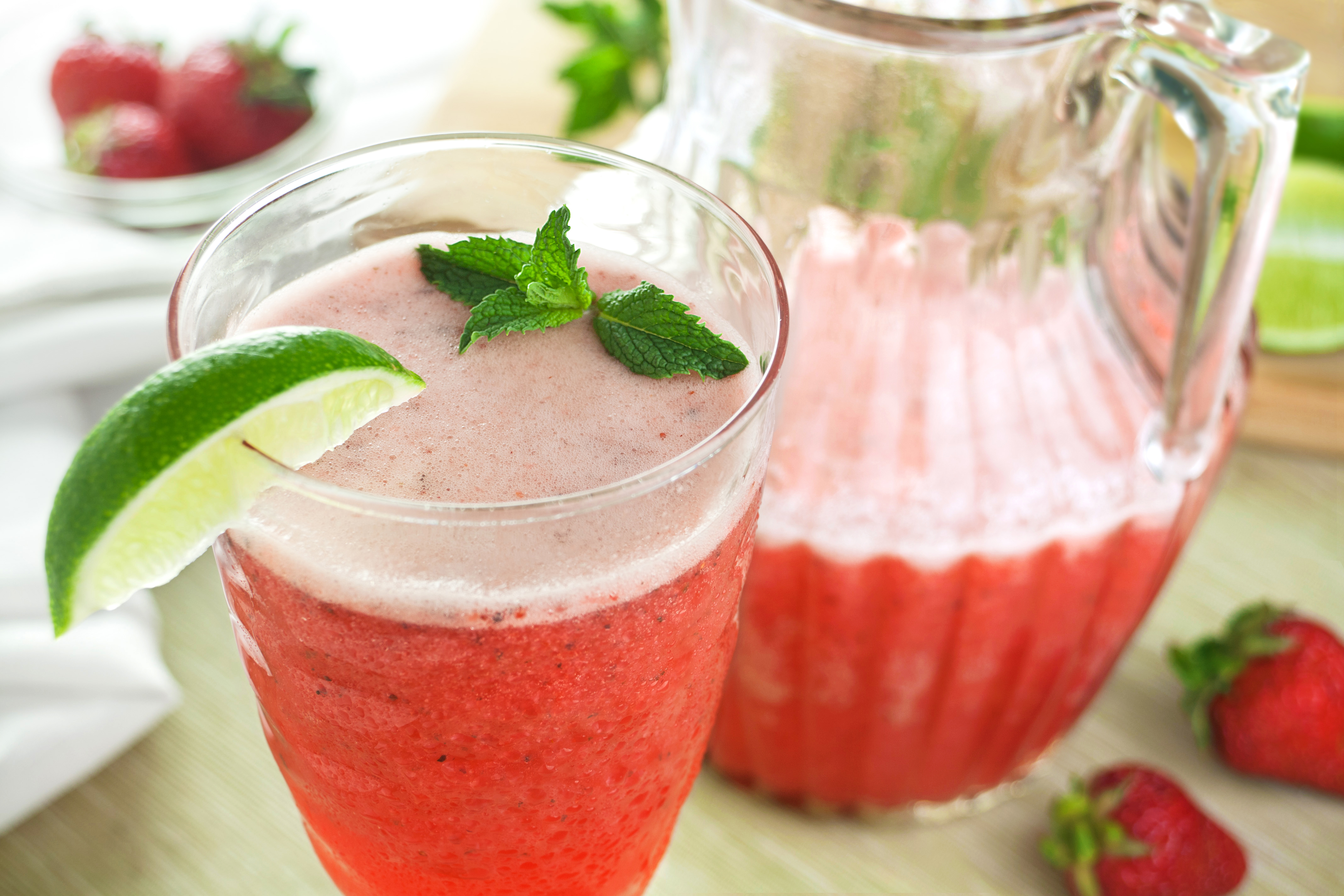Lots of times we focus more on what to eat before we exercise and completely discount the importance of what we consume after a sweat session. Light workouts don’t require anything afterward but a glass or two of water. In fact, too much of a “recovery” meal would likely negate the calories expended during an easy workout. If you’ve had a moderate to intense exercise session, however, what you eat afterward is more important because you’ll need to replace what you’ve lost during your workout—primarily fluid and glycogen (a form of carbohydrate stored in muscles). If you exercise daily (as opposed to two or three times a week), your body needs more help in recovering because it has less rest time between workouts.
After your workout, don’t dilly-dally too long—your body is primed to utilize and store nourishment in the first hour or so after exercising. Here are the three basics to include in your post-workout nosh…

Water
Okay, so it’s not a food, but it’s super-important to rehydrate after exercising (as well as before and during exercise—especially for moderate to intense sessions). In fact, fluid replacement is the biggest nutrition priority after exercising to restore fluid balance—our bodies work best when well-hydrated. How much to drink? One way to gauge the appropriate amount is to weigh yourself before and after your workout, and then drink 20-24 fluid ounces (2.5-3 cups) of water for each pound of weight you “lost” during your exercise session, advises the American Council on Sports Medicine.
Keep in mind that most people don’t require special exercise drinks—regular water is fine. If you’re exercising at high intensity for longer than 60 minutes, or at a lower intensity for longer periods, or you’ve lost a lot of sweat due to exercising in hot/humid weather, sports drinks may be preferable to water. Beverages that provide electrolytes such as sodium and potassium not only help replace losses of these minerals from sweat, but also help the body retain the water you’re putting back into it. Many of the commercial sports drinks are high in sugar, so one good option is to dilute some fruit juice with water or seltzer to create your own sports drink-type beverage.
Protein
Most people know that protein is what muscles need to maintain themselves. Getting some protein after exercise is therefore important for the integrity of your muscles. Exercise tears down muscles, and the process of repairing muscle is what helps them grow bigger and stronger. Aim for getting at least 7-10 grams of protein (and up to 20 grams) within 30 minutes after exercising, and if you can combine that with some carbohydrate, muscle synthesis and repair will be even more effective.
Here are some sensible, high-protein “real foods” to consider:
Food
3 oz. turkey breast
¼ cup roasted soybeans
2 oz. tuna
½ cup cottage cheese
2 large eggs
¾ cup chickpeas
1 cup yogurt
½ cup tofu
1 oz. cheddar cheese
Protein (g)
25
17
17
14
12
10.5
10
10
7
Carbohydrates
Appropriate carbohydrate intake is essential for good sports performance, but your muscles also need to replace their glycogen stores so they have energy for next time, which means you need some carbs after your workout—especially if you’ve exercised intensely. Think about combining some protein and carb foods to cover both bases, and drinking plenty of water of course. Some combos to try for your recovery snack:
- Half a cup of cottage cheese and fruit
- Peanut butter on a toasted bagel
- Smoothie made from Greek yogurt, fruit and juice or milk
- A few slices of roast beef or turkey rolled into a multi-grain tortilla
- Half a tuna fish sandwich on whole-grain bread